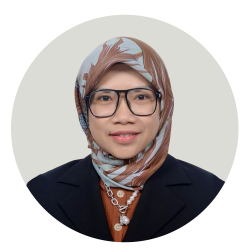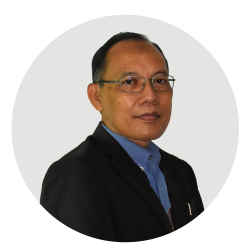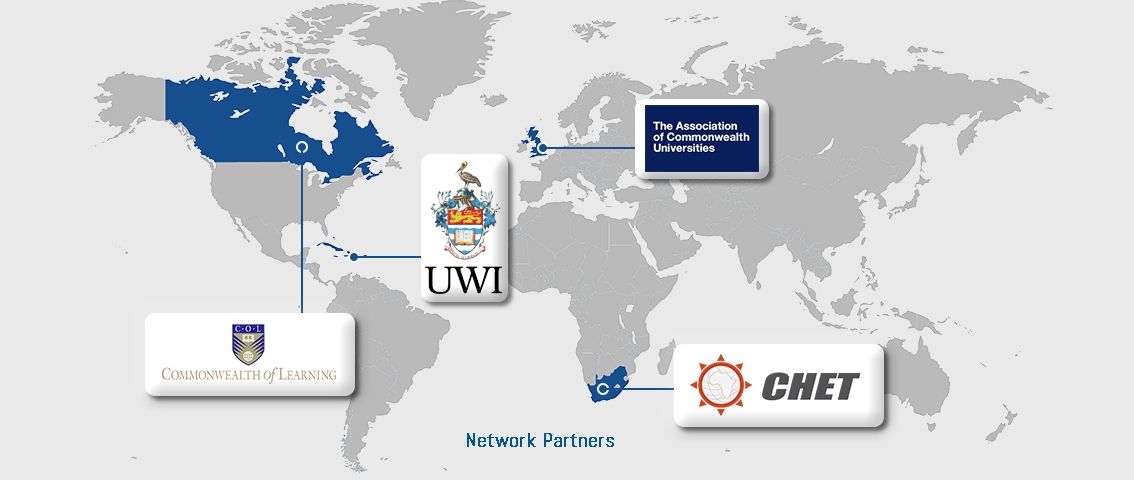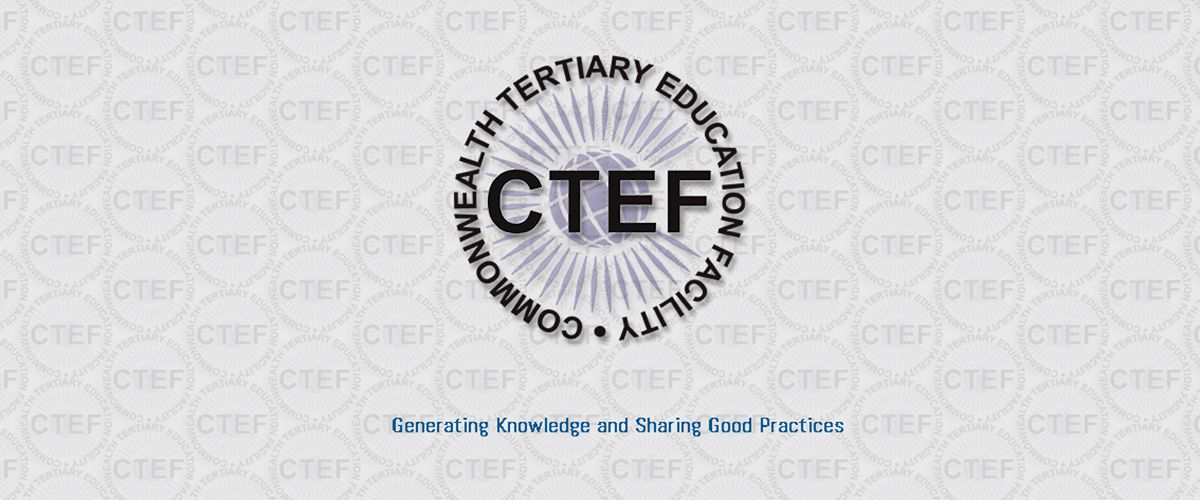Welcome To CTEF
The Commonwealth Tertiary Education Facility (CTEF) is a collaboration between the Ministry of Higher Education Malaysia and the Commonwealth Secretariat in London to strengthen the link among Commonwealth countries in the development of tertiary education. It comprises a network of partners to generate knowledge and share good practices on tertiary education among Commonwealth countries.

DATA COLLECTION
Gathering and measuring information on variables of interest.

RESEARCH
The systematic investigation into and study of materials and sources in order to establish facts and reach new conclusions.

POLICY PAPER
A research piece focusing on a specific policy issue that provides clear recommendations for policy makers.

CONTRACT ADVISORY
Consultancy projects fully funded by a donor, a government or a university client.

Associate Professor Dr. Thien Lei Mee
Director

S. Sri Jeyanthirar
Executive Officer

Dr. Nur Rafidah Asyikin Idris
Project Officer

Professor Emeritus Dato’ Dr. Morshidi Sirat
Consultant

